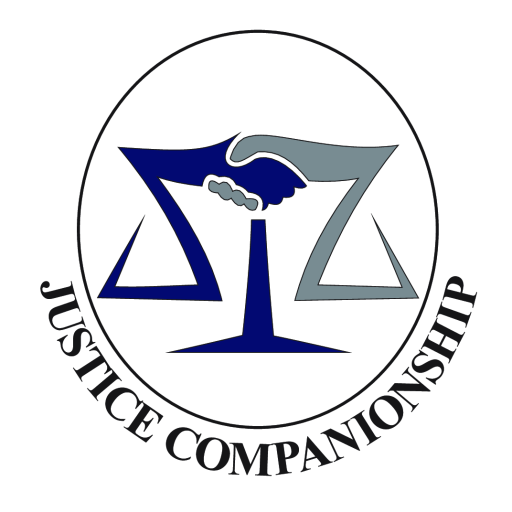THE INDIAN PENAL CODE
ACT NO. 45 OF 1860
CHAPTER IXA
OF OFFENCESRELATING TO ELECTIONS
171A. “Candidate”, “Electoral right” defined.—For the purposes of this Chapter—
(a) “candidate” means a person who has been nominated as a candidate at any election;
(b) “electoral right” means the right of a person to stand, or not to stand as, or to withdraw from
being, a candidate or to vote or refrain from voting at an election.
171B. Bribery.—(1) Whoever—
(i) gives a gratification to any person with the object of inducing him or any other person to
exercise any electoral right or of rewarding any person for having exercised any such right; or
(ii) accepts either for himself or for any other person any gratification as a reward for exercising
any such right or for inducing or attempting to induce any other person to exercise any such right,
commits the offence of bribery:
Provided that a declaration of public policy or a promise of public action shall not be an offence
under this section.
(2) A person who offers, or agrees to give, or offers or attempts to procure, a gratification shall be
deemed to give a gratification.
(3) A person who obtains or agrees to accept or attempts to obtain a gratification shall be deemed to
accept a gratification, and a person who accepts a gratification as a motive for doing what he does not
intend to do, or as a reward for doing what he has not done, shall be deemed to have accepted the
gratification as a reward.
171C. Undue influence at elections.—(1) Whoever voluntarily interferes or attempts to interfere
with the free exercise of any electoral right commits the offence of undue influence at an election.
(2) Without prejudice to the generality of the provisions of sub-section (1), whoever—
(a) threatens any candidate or voter, or any person in whom a candidate or voter is interested,
with injury of any kind, or
(b) induces or attempts to induce a candidate or voter to believe that he or any person in whom he
is interested will become or will be rendered an object of Divine displeasure or of spiritual censure,
shall be deemed to interfere with the free exercise of the electoral right of such candidate or voter, within
the meaning of sub-section (1).
(3) A declaration of public policy or a promise of public action or the mere exercise or a legal right
without intent to interfere with an electoral right, shall not be deemed to be interference within the
meaning of this section.
171D. Personation at elections.—Whoever at an election applies for a voting paper on votes in the
name of any other person, whether living or dead, or in a fictitious name, or who having voted once at
such election applies at the same election for a voting paper in his own name, and whoever abets,
procures or attempts to procure the voting by any person in any such way, commits the offence of
personation at an election.
[Provided that nothing in this section shall apply to a person who has been authorised to vote as
proxy for an elector under any law for the time being in force in so far as he votes as a proxy for such
elector.]
171E. Punishment for bribery.—Whoever commits the offence of bribery shall be punished with
imprisonment of either description for a term which may extend to one year, or with fine, or with both:
Provided that bribery by treating shall be punished with fine only.
Explanation.—“Treating” means that form of bribery where the gratification consists in food, drink,
entertainment, or provision.
171F. Punishment for undue influence or personation at an election.—Whoever commits the
offence of undue influence or personation at an election shall be punished with imprisonment of either
description for a term which may extend to one year or with fine, or with both.
171G. False statement in connection with an election.—Whoever with intent to affect the result of
an election makes or publishes any statement purporting to be a statement of fact which is false and which
he either knows or believes to be false or does not believe to be true, in relation to the personal character
or conduct of any candidate shall be punished with fine.
171H. Illegal payments in connection with an election.—Whoever without the general or special
authority in writing of a candidate incurs or authorises expenses on account of the holding of any public
meeting, or upon any advertisement, circular or publication, or in any other way whatsoever for the
purpose of promoting or procuring the election of such candidate, shall be punished with fine which may
extend to five hundred rupees:
Provided that if any person having incurred any such expenses not exceeding the amount of ten
rupees without authority obtains within ten days from the date on which such expenses were incurred the
approval in writing of the candidate, he shall be deemed to have incurred such expenses with the authority
of the candidate.
171-I. Failure to keep election accounts.—Whoever being required by any law for the time being in
force or any rule having the force of law to keep accounts of expenses incurred at or in connection with an
election fails to keep such accounts shall be punished with fine which may extend to five hundred rupees.]
